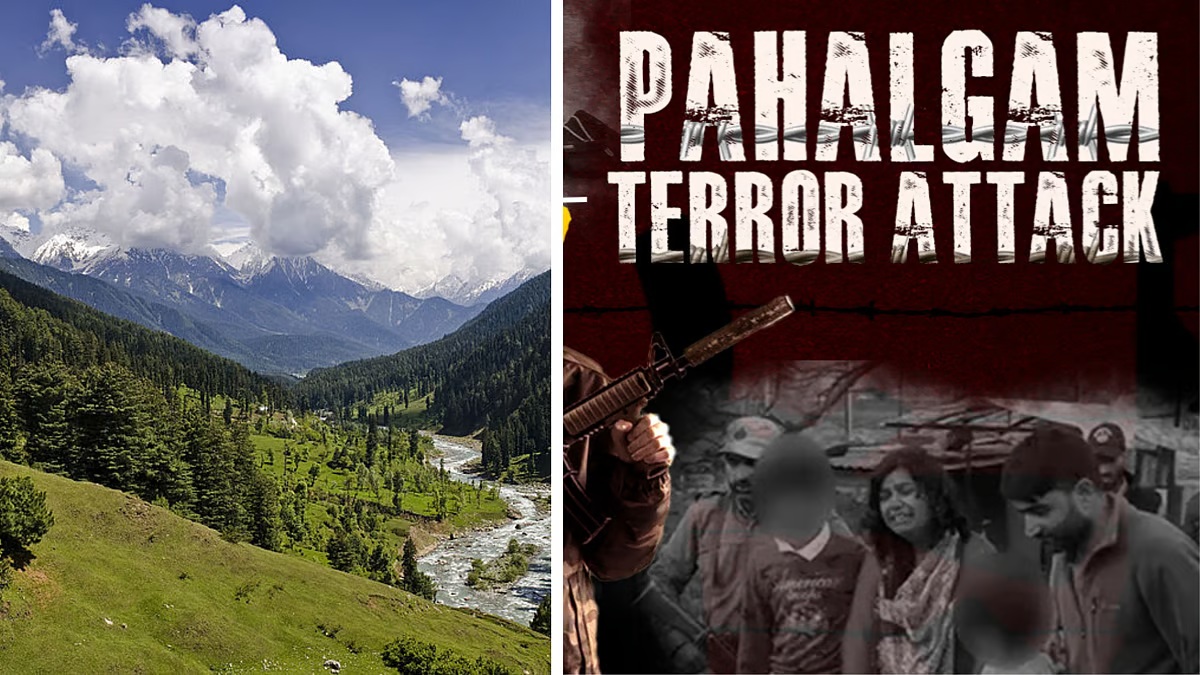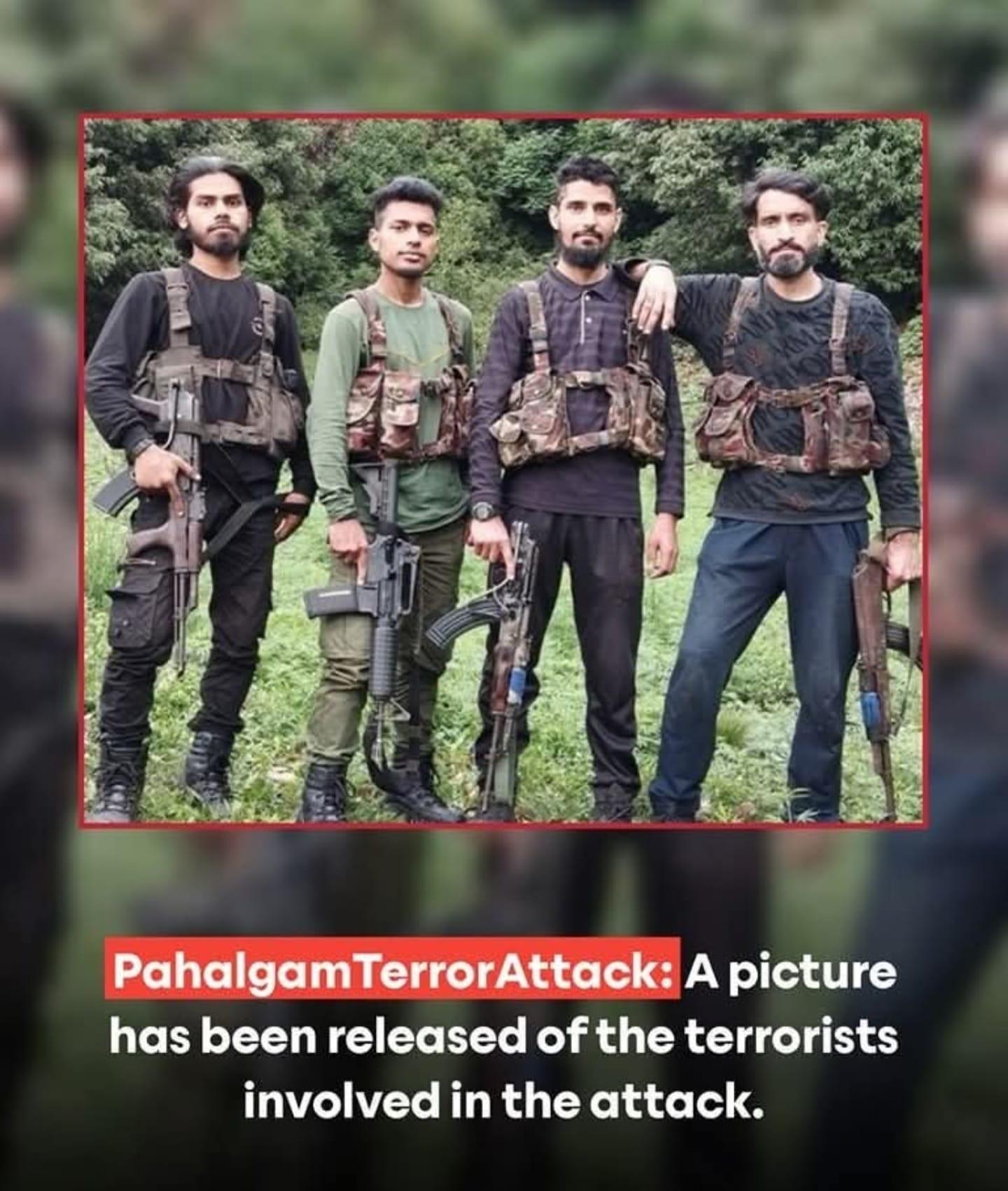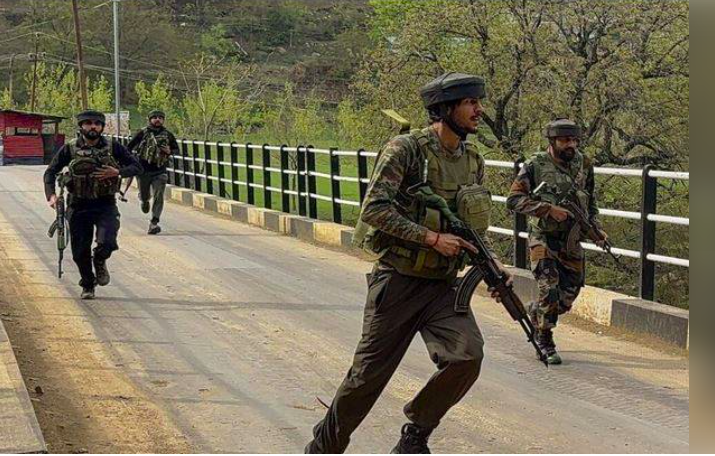
Pahalgam Attack
A tragedy in Kashmir has led to a dangerous standoff.
On April 22, 2025, a violent crime occurred in Pahalgam’s Baisaran Valley. Three or four gunmen ambushed a group of Indian tourists, including families with children. They opened fire without warning.
Twenty-six people lost their lives, and over twenty sustained serious injuries. The shocking event known as the Pahalgam attack has made things much worse between India and Pakistan and put South Asia once more on the verge of a possible war.
New Delhi authorities swiftly attributed the blame to The Resistance Front, a Pakistani group widely believed to have ties to Lashkar-e-Taiba. In response, India did many harsh things, such as calling back diplomats, suspending the Indus Waters Treaty, and threatening to use military force to defend itself. As expected, Islamabad strongly denied having anything to do with it and said India was using the tragedy for political gain.
Responding more strongly and getting the military ready
India’s quick and harsh response to the attack in Pahalgam was a political and strategic move. India sent diplomats home, halted trade between the two countries, and suspended intelligence-sharing methods. At the same time, security forces cracked down hard in Jammu and Kashmir, arresting over 1,500 people and starting a massive search operation to find those who did it.

At the same time, Pakistan said these actions were unfair and meant to cause trouble. Pakistan’s Defense Minister said in a heated speech to the parliament that any attempt to block the waters of the Indus would be considered an act of war. Since then, both sides have placed their armed forces on high alert and are sending more troops along the Line of Control.
The Pahalgam attack story is quickly turning into a bigger geopolitical standoff, which makes people afraid that the tensions between India and Pakistan could get worse by accident or because of a mistake.
Immediate Aftermath and Diplomatic Repercussions
In response to the attack, India took several measures:
- The government has downgraded diplomatic relations with Pakistan.
- The government revoked visas for Pakistani nationals and expelled diplomats.
- The government suspended the Indus Waters Treaty, a crucial water-sharing agreement.
Pakistan, denying involvement, retaliated by
- The government is expelling Indian diplomats.
- The government is suspending bilateral trade and closing its airspace to Indian aircraft.
- We are announcing the suspension of the 1972 Simla Agreement.
These actions have led to a significant deterioration in bilateral relations.
A new theory has emerged regarding the possibility of a false flag operation.
Recently, a controversial but common theory has been getting more attention: was the Pahalgam attack just another false flag operation planned by different groups in India?
Even though this theory is strongly disputed, it has been used before. Critics point to past events like the attack on the Indian Parliament in 2001 and the Pulwama bombing in 2019, both of which made things worse between India and Pakistan. In those cases, international observers and independent analysts eventually came to doubt the official stories.
Those who subscribe to the false flag theory assert that the timing of the Pahalgam attack was peculiar. India is dealing with unrest at home, a weakening economy, and upcoming state elections.
The government might use an external threat to divert attention from these issues. The fact that Pakistan was blamed right away, without a proper investigation, supports these claims even more.

When it comes to SEO, the phrase “Pahalgam attack India-Pakistan tensions” is becoming increasingly linked to both official stories and counter-stories. This dichotomy attracts global attention, yet it complicates the process of obtaining accurate information and conveying the truth.
The International Community’s Tricky Act of Balancing
Global powers have told both countries to be careful, but their traditional allies haven’t said much in response. The UN asked for calm but didn’t say who was to blame or back one story over another.
For India, getting the rest of the world to see Pakistan as a supporter of terrorism is critical. Pakistan, on the other hand, wants to show that it is a victim of false information and strategic manipulation.
It’s fascinating that most Western capitals have been careful and avoided using strong language. The world continues to discuss the Pahalgam attack and the tensions between India and Pakistan. This is because no country wants to initiate a regional war that could escalate into a nuclear conflict.
Planning for the future behind the scenes
Both countries are reportedly talking behind closed doors to stop the crisis from getting out of hand, even though the rhetoric in public is still hostile. Although intelligence sharing has stopped, diplomatic efforts involving other countries continue.
From a strategic perspective, neither side gains much from open warfare. India’s conventional military may be stronger, but if perceived as the aggressor, it could potentially isolate itself from the rest of the world. Pakistan is determined to protect its borders, but it knows that it can’t compete with India in a long-term war.
Even so, the danger is not in a planned war but in an unplanned one. One mistake, one rogue unit, or one wrongly interpreted movement could make the Pahalgam attack between India and Pakistan into a disaster that can’t be stopped.
In Kashmir, conflicts still have the potential to erupt.
The disputed Kashmir region is still at the center of this crisis. Both countries assert their ownership of the land, and their claims shape perceptions of everything, regardless of its size. Kashmir has grown over the years to be a source of national pride and political power for both India and Pakistan.
Public opinion, particularly in India-controlled Kashmir, is so high that peace appears unlikely. The main Indian news outlets are furious about any talk of a false flag operation, even if it is based on accurate research. Still, suspicions will continue to grow if investigations are not open and there is no international oversight.
This is why the Pahalgam attack story and the resulting tensions between India and Pakistan need to be treated with care, logic, and skepticism. It’s too important to believe what you want or act based on your feelings.
In the End: On the Edge of the Abyss
The 2025 attack in Pahalgam reopened long-standing wounds and heightened fear and uncertainty throughout South Asia. Whether it was a planned terrorist attack or a fake incident, the outcome was the same: innocent people died, trust was broken, and war was looming.
India and Pakistan should not try to score political points. Instead, they should work together and do their research to discover the truth. Tensions between India and Pakistan will only go down if the Pahalgam attack goes away. The outcome will make the area safer.







